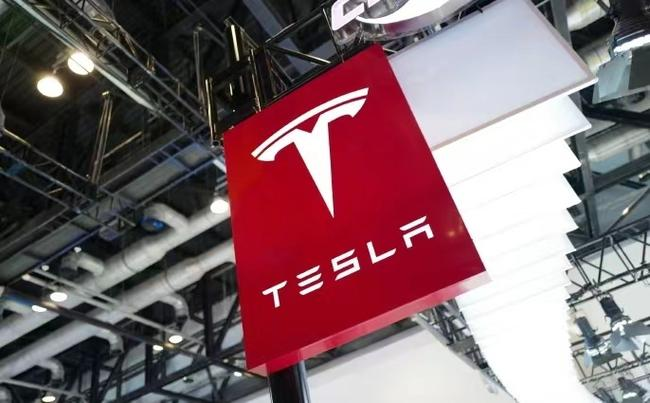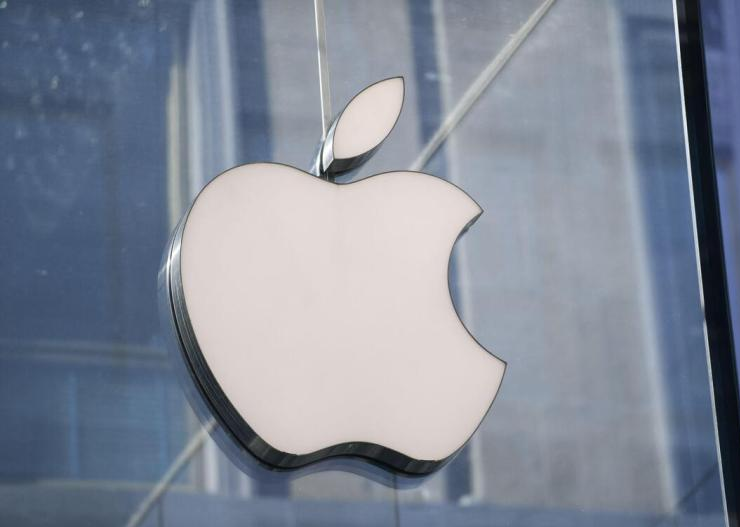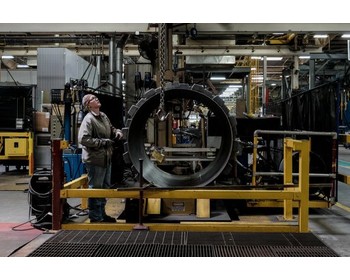Tesla recently announced massive layoffs around the world, involving more than 14,000 employees, or about 10% of its global workforce. The decision was announced by Tesla's CEO, Elon Musk, in an internal email. Tesla shares fell 5.6% on the news of the layoffs. At present, Tesla's market value has been from the peak of $1.1 trillion, only $514.3 billion, the market value evaporated by half.
Tesla's layoffs didn't come without warning. In an internal email Musk sent to employees, he noted that the company had conducted a thorough review of the organization before making this difficult decision. This decision means that a large number of employees will lose their jobs, so it has also sparked concern and discussion in the community.
Why is Tesla laying off workers? Tesla itself cited slowing growth in the electric car market, excess capacity and forced layoffs in order to ensure stable gross margins. Tesla's delivery data for the first quarter of 2024 showed that its global deliveries were lower than expected, down year over year and down sharply sequentially. This poor sales performance directly affects the company's profitability and market share, so Tesla needs to cut costs through layoffs.
Of course, layoffs are not only for this reason. From other aspects, in the supply chain, Tesla's production and delivery are affected by supply chain problems, especially the global geographical factors also lead to logistics delays and cost increases, further aggravating the instability of the supply chain. In terms of global market competition, Tesla faces pressure from competitors in China and other regions. These competitors have launched cheaper models and squeezed Tesla's space through a price war, and the competition is fierce. Tesla itself has been slow to update its aging models, the latest Model3 has been on the market for many years, and although there have been some changes, there has been no revolutionary change, resulting in weak sales growth. In addition, it was also affected by the policy changes of the US government, such as prohibiting subsidies for batteries imported from China and requiring batteries manufactured in the United States, which affected the battery export orders of Tesla's Shanghai factory, causing overcapacity.
How will the layoffs affect Tesla and its employees? First, from an employee perspective, more than 14,000 employees will lose their jobs, which will undoubtedly have a significant impact on their lives and career prospects. These employees may face the economic pressure and uncertainty of career development brought about by unemployment, and may even need to find a new job and adapt to a new working environment. For affected employees, this is a difficult challenge that requires them to proactively address and seek new career opportunities.
Second, from the company's perspective, layoffs can help Tesla reduce operating costs and improve production efficiency to cope with current market challenges and operating pressures. When Tesla is facing challenges such as declining sales, intensifying market competition and supply chain problems, cutting expenses and optimizing organizational structure through layoffs can save a lot of expenses for the company and improve profitability. However, it could also have a negative impact on Tesla's brand image and reputation, as large-scale layoffs are often seen as a sign that the company is in trouble or poorly run.
In addition, Tesla's layoffs could have implications for the electric vehicle industry as a whole. As a leader in the electric vehicle industry, Tesla's decision to cut staff is likely to cause other companies to pay attention and follow suit. If other companies follow suit with similar layoffs, the employment situation across the industry could get even tougher. The impact of Tesla's global layoffs is complex and far-reaching. For Tesla, how to maintain the stable operation of the company and the protection of employees' rights and interests while laying off employees will be an important challenge.




























